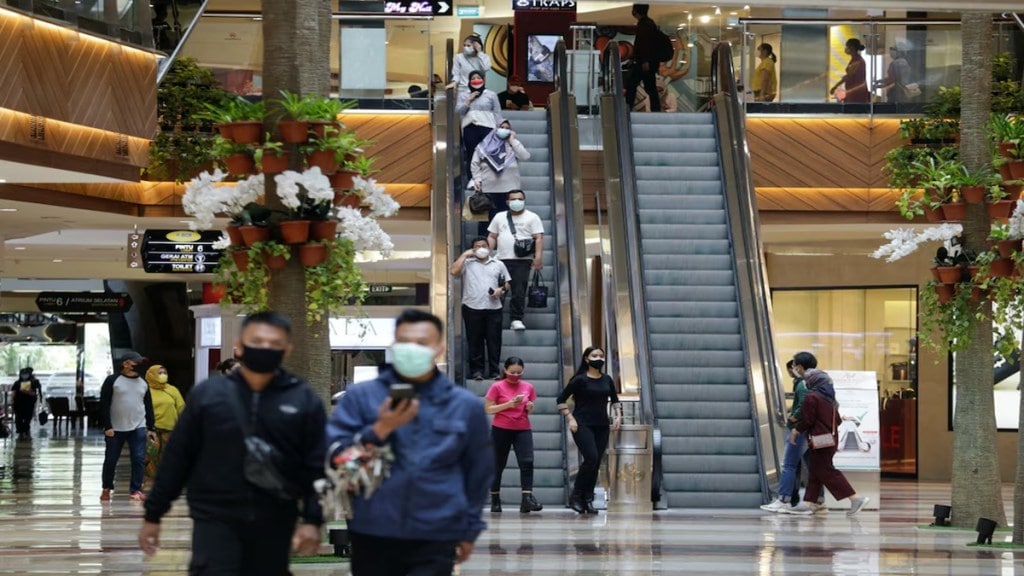For the first time in nearly a decade, the global personal luxury goods market is expected to experience flat to slightly negative growth in 2025, according to a report by the Boston Consulting Group. The report, named ‘True Luxury Global Consumer Insights 2025’, released on Thursday states that the slowdown signals a critical shift. Aspirational consumers, who were once considered the industry’s growth engine, are stepping back, while ultra-high-net-worth individuals (UHNI) are becoming key to its future.
BCG Report
The report, based on a global survey spanning multiple income tiers, reveals that top-tier clients, comprising just 0.1% of the population, now account for 23% of global luxury spending. These consumers spend an average of €355,000 annually on luxury, with their numbers growing at approximately 10% per year.”India is not yet the ‘next China’, but with its high net-worth individuals (HNI) and UHNI population growing at 11-15% compound annual growth rate (CAGR) through 2034, it is fast becoming a must-watch market for global luxury brands,” it said. Investor and brand strategist Lloyd Mathias said, “In my opinion, rising affluence and a hugely aspirational population will keep developing markets like ours at the forefront for growth.”
However, the report also reveals a loss in the number of aspirational buyers, who once drove 70% of the luxury market but have now declined by 15 percentage points, pressured by affordability issues. Several brands have diluted their identity while chasing mass appeal, BCG warns, leading to volatility and underperformance.
What report suggests?
To succeed, brands must “return to the core,” the report added. It pushed brands to prioritise deep relationships with top-tier clients, emphasise exclusivity, vertical integration, and a human-led GenAI-enhanced client experience. It further points out that the definition of luxury is evolving, expanding beyond ownership to a lifestyle centered around health, well-being, and meaningful connections.
“Luxury still feels too crowded, too noisy and too industrialised,” the report concludes. “Brands need to refocus their strategy.”


